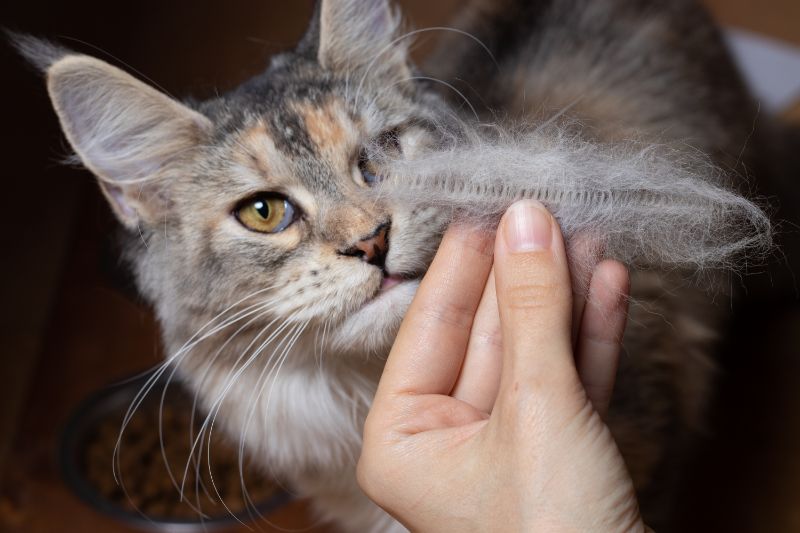
cat shedding
When grooming itself, a cat also removes dead and excess hair. Then, when the shedding season begins, the cat may ingest a large amount of hair. This can cause hairballs to form in the stomach.
Shedding is part of a cat’s life. You cannot prevent your cat from shedding. However, some preventive measures can be taken to ensure that shedding does not cause problems for your cat.
Why Do Cats Shed?
Shedding aims to remove dead hair and release the skin’s natural oils. Dead hair that cannot be removed by grooming or brushing is removed by shedding. Otherwise, skin irritation may occur.
Is This Normal Hair Loss or a Medical Problem?
If your cat’s skin is experiencing boils or inflammation/redness, make an appointment with your veterinarian. Based on its history and physical examination, the underlying cause of the shedding can be determined. The pattern and distribution of shedding will be evaluated, and whether the hair is shedding or breaking off will also be determined. The skin will be examined for signs of infection or parasites. Laboratory tests such as skin scrapings, hair tests, blood tests, and a urinalysis may also be required.
What Are the Dangers of Extreme Shedding in Cats?
All cats, whether long-haired or short-haired, shed during shedding season. Suddenly, you may start seeing cat hair everywhere, even where your cat has never been. And believe it or not, even with all this hair all over the house, your cat’s coat will not be free of shedding. Shedding can be dangerous depending on how you handle your cat.
Hairballs can cause various problems for cats, so we will tell you how to care for your cat during the changing season.

Why Are Hairballs Dangerous for Cats?
Hairballs can cause constipation, gastritis, intestinal obstruction, and intestinal paralysis. These are very harmful problems.
Not all cats produce hairballs. They usually appear only when the cat suffers from constipation or other digestive disorders. Even if you keep an eye on your cat, this problem is difficult to detect.
Cats expel hairballs from their bodies by coughing. Therefore, take your cat to the vet immediately if you see this happening.
How to Prevent Shedding That Can Lead to Problems?
As mentioned earlier, some factors are often overlooked when keeping an eye on your pet. Pet owners can also do things to avoid problems caused by shedding.
1) Pay Close Attention
It may not be bad to take a sample of your cat’s feces to the vet and have it tested. You can also request an intestinal bacteria test. These tests can indicate that the cat’s digestive system is functioning normally and can help prevent significant problems associated with hairballs.
2) Use Purgatives
If your cat is still suffering from hairballs despite all your efforts to prevent them, it may be helpful to know that several herbs can help expel them from the body. Ask your veterinarian which herbs they recommend.
3) Brush Your Cat Daily
Whether it is shedding season or not, brushing your cat daily will help remove loose and dead hair. This will reduce your cat’s intake of hair and prevent digestive problems.

4) Pay Attention to Your Cat’s Diet
Remember, a healthy diet improves physical function, but it will not completely prevent your cat from developing hairballs. It can only reduce the risk.
We hope the information in this article is helpful to you. Most people are unaware of the damage hairballs, and shedding can do to cats.
With just a little care and patience with your cat, you can prevent your cat from having many problems during the shedding season.
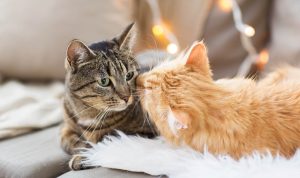
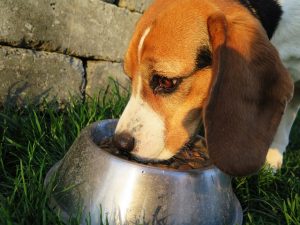

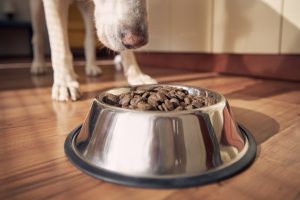

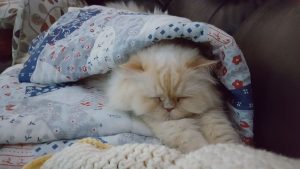
1 thought on “Severe Shedding In Cats: Dangers & Solutions”